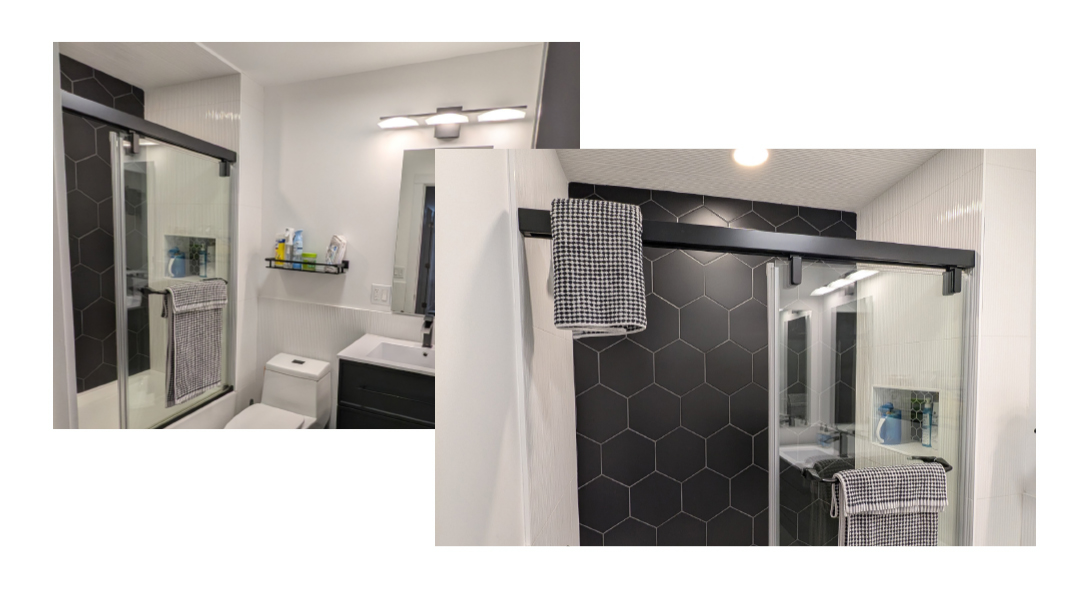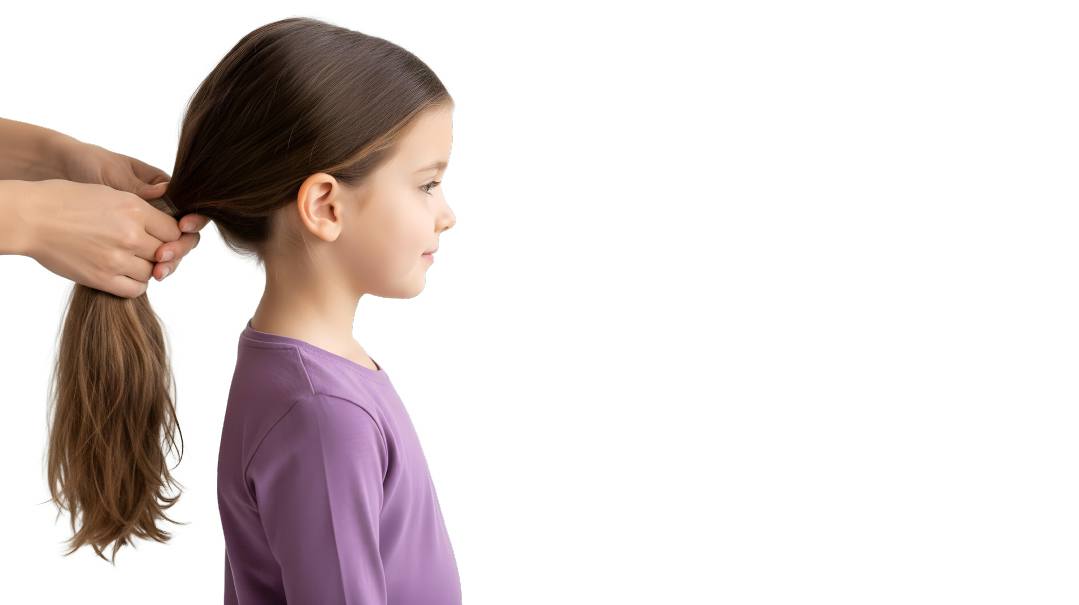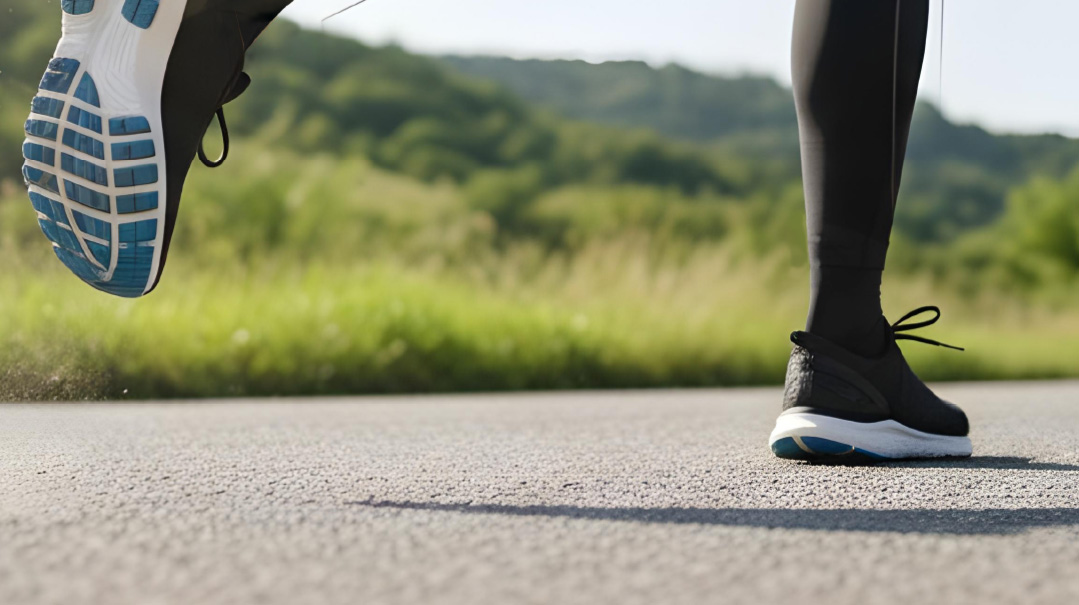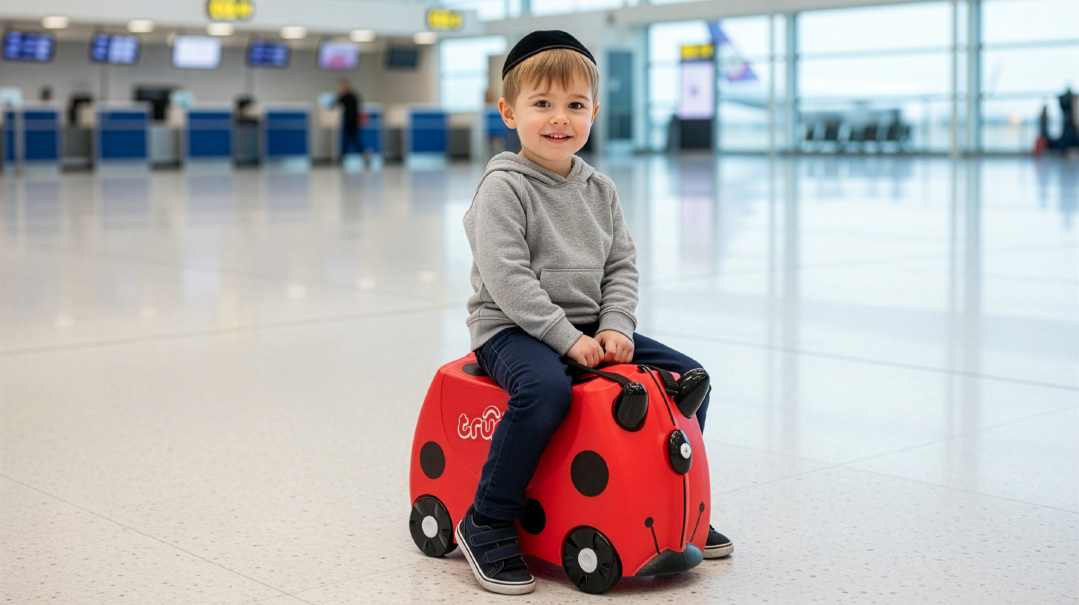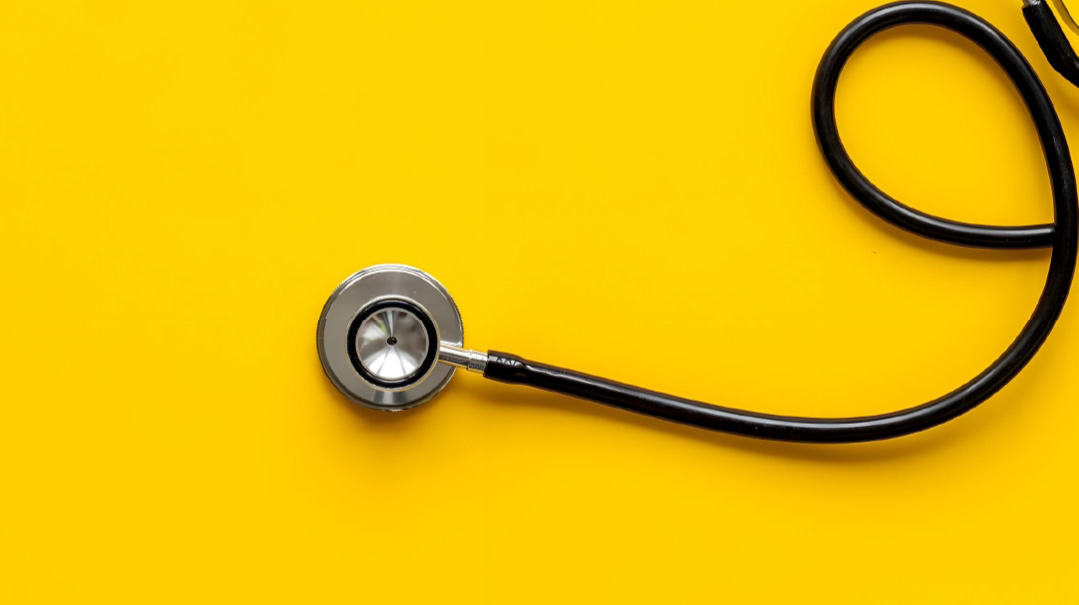Should You Eat Before or After a Workout?

Understanding how your body uses energy during exercise can help you make that decision
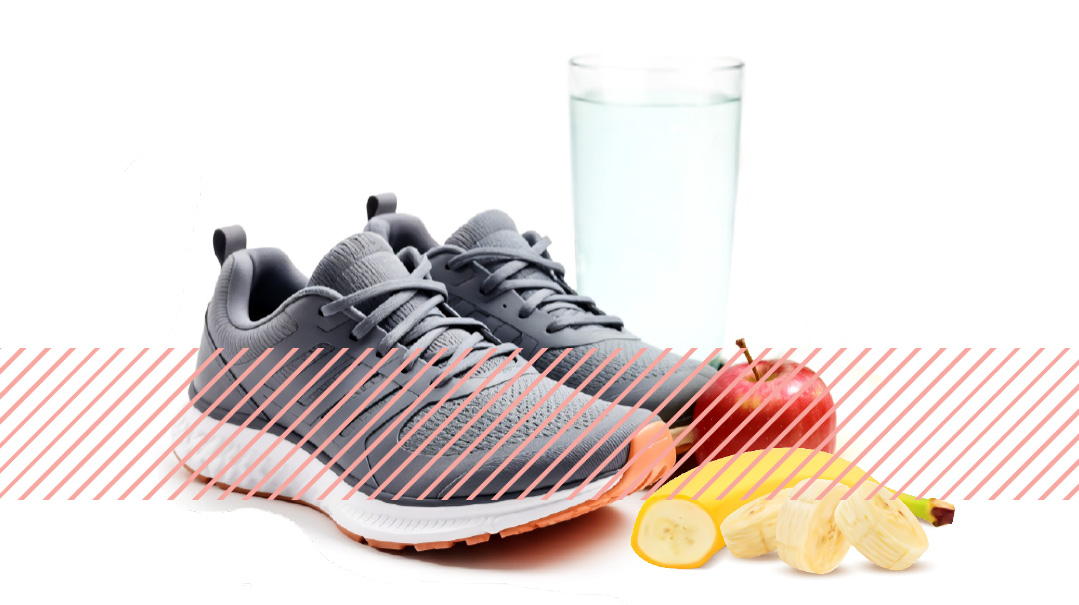
IF you exercise first thing in the morning, you’ve probably wondered if you should grab a quick bite before starting your workout or wait until after you’ve finished. Understanding how your body uses energy during exercise can help you make that decision.
When your body burns energy, it has two sources of fuel: fat stored as triglycerides in fat tissues or carbohydrates stored as glycogen in muscles and liver. If you work out on an empty stomach, the body will draw on its fat reserves, and burn that for energy. If you’ve eaten recently, the body will burn the glycogen.
The body burns more fat reserves during exercise on an empty stomach and is able to maintain steady blood sugar levels when compared to exercise on a full stomach.
It would seem that exercise on an empty stomach would lead to greater weight loss. However, studies that examined and compared weight loss results in women who exercised on an empty stomach and those who exercised after a meal saw little difference between the two.
If weight loss is your goal, eating before or after seems to make little difference. But what leads to better performance: eating before or after a workout?
Again, here the majority of studies have shown there’s no difference, though some studies have shown a small improvement in performance when carbohydrates are consumed prior to working out.
It really may boil down to personal preference.
A recent online survey asked athletes if they preferred eating before or after a fitness routine. The majority of the respondents said they preferred eating before, explaining that it gave them more energy. Exercising without food inhibited their ability to perform at peak levels, they said.
The decision to eat before or after a workout can also depend on other factors, such as age or the intensity of the exercise. Some studies suggest older women are better off eating before a fitness routine. An easy workout like a walk or yoga may not require food prior, as opposed to a strength-training session or a long-distance run.
If you decide to eat a full meal before your workout, make sure you plan accordingly — at least three to four hours before. Eating a full meal too close to exercise can cause nausea.
“Digestion sends circulation to the stomach and exercising sends circulation to working muscles,” says Henny Zidile, a personal trainer and owner of Henya’s Fitness in Brooklyn. “There may be a conflict when you eat too much or hard-to-digest foods and then going straight to exercise. You may feel stomach pain or nausea.”
If you want to eat right before, a simple carbohydrate snack — such as berries or a half a banana — can be beneficial in providing glycogen, which gives your body the energy it needs to exercise. These types of foods also contain polyphenols, which are antioxidants. They help fight inflammation and aid with post-workout recovery.
A snack 30 minutes before can also help boost your energy levels. Half a banana, nuts, or an energy bar can serve that purpose.
Eating after a workout can help your body replenish depleted nutrients. It’s best to eat within 30–45 to minutes after you’re done with your routine.
Food choice matters, too. Choose a protein to help regrow muscle proteins that were broken down during exercise, and carbs to replenish depleted glycogen.
(Originally featured in Family First, Issue 920)
Oops! We could not locate your form.

